After winning primary contests in five more states, Donald Trump looks like he will most likely become the Republican Nominee. Indeed, Trump didn’t just win narrow victories, he won every single county and every single Congressional District in all five states. He annihilated his opponents — Cruz and Kasich — and may well have vaulted over the clutching tentacles of the #NeverTrump movement and squarely into the GOP captain’s seat, squaring-off against Hilary Clinton.
In that general election matchup I feel strongly that Trump will win. He has proven himself to be light years ahead of every other candidate in terms of strategy. He has played the media like a fiddle, and understands the modern news cycle and how to position oneself tactically in ways previous candidates have never come close to. I predict that in a general election matchup against Hilary Clinton Trump will come away with a strong victory, an event that would have seemed completely impossible a year ago.
While I will leave it to others to analyze the impact this will have here in America where it is taking place, I am more concerned with the impact it might have in Europe, where the majority of my focus and concern rests, and where our people’s survival is most immediately threatened.
In this regard I feel there are both pros and cons to a potential Trump presidency. We face in Europe today a steadily-building wave of terrorism, mass rape, demographic replacement, and what can only be described as the purposeful genocide of White citizens by left-wing, negationist, suicidalist governments. This portends a crisis greater than WWI, WWII, or even the Black Death. This is not hyperbole. In most West European nations today, the 18-30 year old male demographic — those of fighting age — will be majority Muslim in the next 1-5 years.
This is the most sudden and violent societal transformation in the history of the continent, if not the earth, and bodes tremendously ill for native Europeans. There is no nation in the world’s history in which Muslims have become a majority that was not eventually conquered completely by Islam, with its non-Muslim inhabitants either forcibly converted or enslaved. And indeed in Europe today we already see the beginnings of this from the Muslim population. We are witnessing mass ethnically-driven rape against White women and children that would be considered war crimes in any other place on earth, as well as massive levels of criminality, complete opposition to their host societies’ governments, and continued, consistent anti-state terrorism (4th-Generation Warfare). All of this should have been expected, but as it was not, or was allowed to occur anyway.
Europe now looks likely to descend into horrors beyond our worst nightmares. What impact a Trump presidency might have on Europe at this critical juncture is thus a question of significant importance.
There are a number of potential positives which I will discuss first.
- A Trump Presidency would increase the visibility and legitimacy of White Identitarian thought. The President of the most important nation on earth could, to at least some extent, be referred to as “proudly White.” Through the temporary banning of Muslims, he would be publicly declaring that culture matters, that some cultures are superior to others, and that Muslims represent a threat to Western society. His administration would be supporting closed borders, and opposing unfettered multinational corporatism. Surely this must have a positive impact across the Atlantic, at least in its ability to project these thought-patterns into mainstream society.
- Trump could potentially exert leverage on European leaders to stop the wholesale genocide of their people. Trump has attacked European-suicidalism on numerous occasions, and just the other day endorsed Matteo Salvini [2], the anti-immigration Northern League candidate seeking to become Italian Prime Minister. The survival of White Europeans would be a concern of a Trump administration, which is more than we can say for most Western leaders. It should not be considered overly-optimistic to hope that Trump’s aforementioned strategic genius, and his obvious concern for Europe’s future, could combine to potentially improve the situation there for our people.
- Finally, and perhaps most importantly, is the template a Trump victory and Trump administration would represent for European nations. This is because Trump’s success is, among other things, a response to the increasingly 4GW nature of the world. William S. Lind, one of the fathers of 4th-Generation Warfare theory, says that this will be the century of the nation-state’s disintegration, as non-state forces and non-state identities increasingly rip apart the fabrics of the nation-state system. He predicts that only strong countries with robust, autocratic governments, working to cultivate and ensure strong “shared identity-groups,” will be able to survive. We are in fact already witnessing this phenomenon. In Russia it took place almost twenty years ago, and interestingly that could very well be attributed to the fact that Russia was at that time facing 4GW disintegration — where multiple non-state actors and identity groups were facilitating the destabilization of the Russian nation from within — that is very much like what is facing Europe today. The Russian people turned to Putin and his strength-based, nationalist, traditionalist policies, and have for the most part righted their ship and ensured their people’s continued survival. We are seeing the same thing today in Poland and Hungary, where nationalist, autocratic governments have been elected, and are taking pains to build their nations’ societal cohesion, eliminate or prevent the build-up of non-state threats (immigrants primarily), and set their countries on a course for survival. In my opinion the rise of Trump in America represents the exact same thing, as normal White Americans note with dread the rise of Hispanic Nationalism within their borders, “refugee” resettlement, Islam, left-wing hatred of Whites and White men specifically, and the insidious effects of multinational-corporatism. They are turning to Trump as an autocratic force from within their same shared identity-group, to (again) “right the ship” and expel those forces that threaten the American (or White American) “tribe.” This can continue the template that Russia, Poland, and Hungary represent, and hopefully demonstrate to Western European nations a potential path to survival.
Of course in Western Europe it will not be as simple as that, as most of these nations will need to fight violent insurrections if not civil wars with the vast populations of Muslims they have brought into their lands. This brings up the one “neutral” or “unknown” influence of a Trump administration I would like to point out, which is his position vis-à-vis ISIS, the Islamic State. So far at least, Trump has proclaimed his desire to invade Syria and Iraq, and forcefully take out ISIS. If he did this, it would be emotionally satisfying in the short term but disastrous from a 4GW vs. nation-state perspective. The main concern is that it would undoubtedly make ISIS far stronger, in that it would earn them the sympathy and loyalty of an even broader segment of the Muslim world. By attacking them, Trump would in fact give them legitimacy within the minds of Muslims. That could be a negative, and end up harming the Occident in several ways.
But it could also potentially be a positive. For the more powerful Islamism gets and the more outwardly aggressive Muslims in Europe become, the quicker all-out 4GW will begin within its borders. It is in our strategic interest for 4GW hostilities to break out in Europe now, rather than later, for every year Europe becomes home to far more Muslims, particularly in that crucially important male 18-30 year old demographic. The traitorous European elites can cite “official” statistics as often as they want that show Muslims only making up small percentages of various European populations, and while the vast number of White Baby-Boomers are still alive those statistics might even be half true. But the bottom line is that when over half of your nation’s fighting-age men are Muslims, you are already a Muslim nation or soon to be one. Demographics are destiny, one just has to know which statistics to look at.
That leaves us to discuss one negative impact I believe a Trump presidency would have on Europe. At first glance it appears almost incidental, but this is unfortunately not the case. This is the fact that the election of Donald Trump would cause the entire mainstream, Left-wing, self-hating White population of Europe to double-down on negationist, Cultural-Marxist insanity. It would be like the presidency of George W. Bush times 100, as millions upon millions of brainwashed Europeans dive into a suicidal orgy of virtue-signaling, heaping wood upon their already blazing funeral pyre. We might see the importation of Muslim “refugees” rise to levels far-surpassing what we see now. We very likely would see a negative electoral impact on Right-wing, anti-immigration parties. This would have disastrous effects upon Europe. And despite their idiocy there will be nothing funny about it, because all of these actions will lead to mass-rapes of White children, attacks on our vulnerable and elderly, overwhelming levels of crime, terrorism, and other manifold horrors. Not to mention an even-bleaker demographic picture.
This concern is similar to why Jack Donovan argued for a Hilary Clinton Presidency [3], since it will at least “wake men up” to just how reviled and unwanted they are by America’s ruling class. While this is humorous it also conceals a hugely critical truth, which is that our movement is almost never to be served by the election of parties or individuals just because they are moderately or ostensibly closer to our beliefs. In Europe especially, our greatest hope is for the system as a whole to fall apart, so that it can be replaced with something else. It is hard to see any path to survival in Europe if the current political systems continue — both those of individual nations and the EU as a whole. They are not functional and robust enough in their current form to face the battle that is coming, even were they to have the “right” political parties governing them. In this regard, if a Donald Trump victory in America strengthens governments and Left-wing parties in Europe, it could represent no less than a death knell for our ancestral homelands.
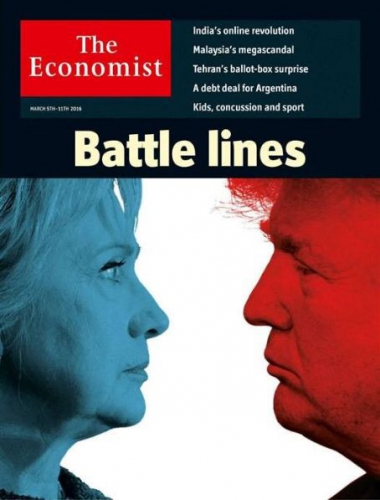 The question of whether Trump is elected president, and what that would portend for Europe, is one more momentous issue for these turbulent times. Let us not be blind to the magnitude of events, for surely our descendants will read about them in the history books for long centuries to come. The next decade will mark either Europe’s submission and death, or its decision to fight and survive. A two thousand year old civilization stands on the edge of a knife. And no matter what happens in the American Presidential Election, in the French one, in the Austrian one; I do not believe that politicians will decide Europe’s fate. It will be the individual members of our race that decide it. Our destiny resides in our willingness to fight; to give our time, our treasure, and perhaps our lives, for the future of our people. With this being the case, it lends clarity to the question of Trump’s — or any other candidate’s — potential victory. For we should hope for their election not for what they might do for Europe, but for how that result might aid the fight for its survival that we shall undertake.
The question of whether Trump is elected president, and what that would portend for Europe, is one more momentous issue for these turbulent times. Let us not be blind to the magnitude of events, for surely our descendants will read about them in the history books for long centuries to come. The next decade will mark either Europe’s submission and death, or its decision to fight and survive. A two thousand year old civilization stands on the edge of a knife. And no matter what happens in the American Presidential Election, in the French one, in the Austrian one; I do not believe that politicians will decide Europe’s fate. It will be the individual members of our race that decide it. Our destiny resides in our willingness to fight; to give our time, our treasure, and perhaps our lives, for the future of our people. With this being the case, it lends clarity to the question of Trump’s — or any other candidate’s — potential victory. For we should hope for their election not for what they might do for Europe, but for how that result might aid the fight for its survival that we shall undertake.
About the Author
Julian Langness is the author of Fistfights With Muslims In Europe: One Man’s Journey Through Modernity [4]and is the editor of europeancivilwar.com [5].





 del.icio.us
del.icio.us
 Digg
Digg

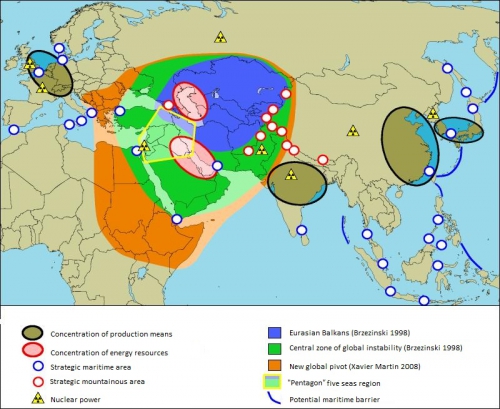
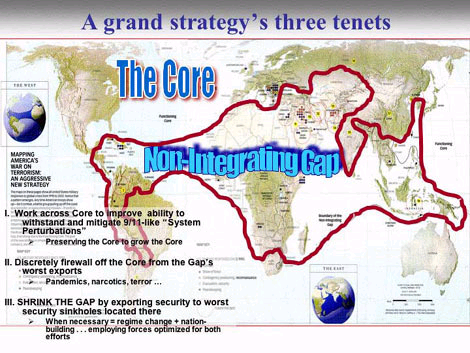
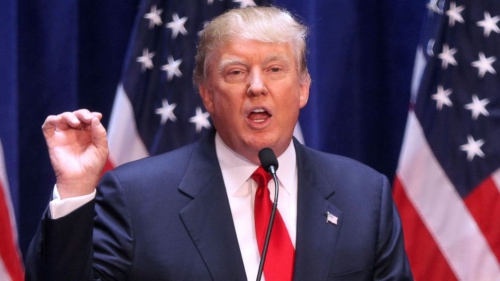
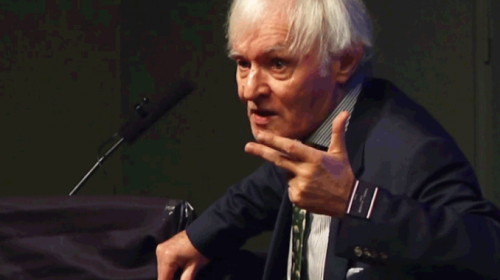
 La "crise des migrants" qui suit 40 ans de colonisation de peuplement massive en Europe de l'Ouest, l'islamisation de la société parallèle au terrorisme islamique, les politiques de préférence étrangère, l'effondrement du niveau de l'Education Nationale avec l'abolition des enseignements historiques et identitaires, le laxisme judiciaire synonyme d'une explosion de la criminalité, les politiques fiscales anti-familiales, ne sont pas la conséquence d'une déliquescence, d'une faiblesse, d'une démission de l'Etat et des élites. C'est l'inverse.
La "crise des migrants" qui suit 40 ans de colonisation de peuplement massive en Europe de l'Ouest, l'islamisation de la société parallèle au terrorisme islamique, les politiques de préférence étrangère, l'effondrement du niveau de l'Education Nationale avec l'abolition des enseignements historiques et identitaires, le laxisme judiciaire synonyme d'une explosion de la criminalité, les politiques fiscales anti-familiales, ne sont pas la conséquence d'une déliquescence, d'une faiblesse, d'une démission de l'Etat et des élites. C'est l'inverse.
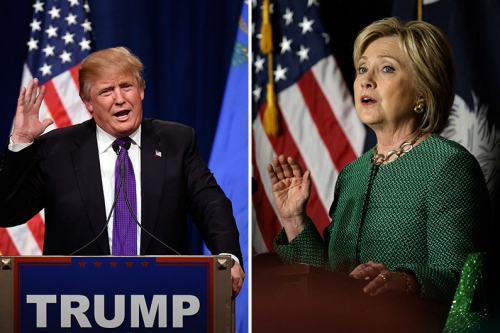
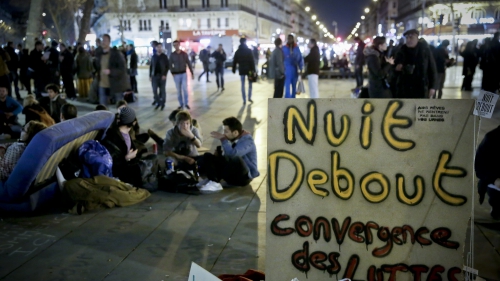
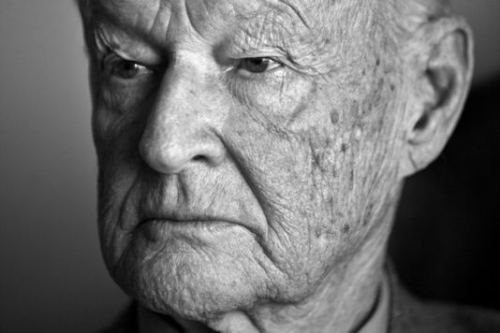
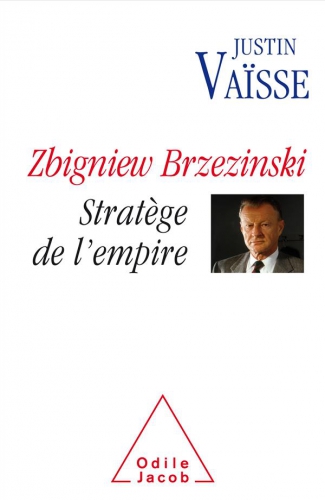 Tout cela n’a plus rien à voir avec
Tout cela n’a plus rien à voir avec 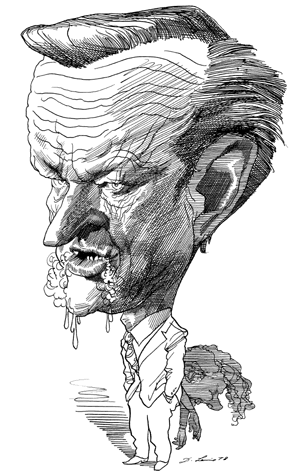 Famous American political scientist Zbigniew Brzezinski once again frightened mankind by saying that “the end of America's global role ... would most probably be global chaos”. To avoid this, the supporter of the American hegemony of the United States suggested Global Realignment. That's the name of his article in the JournalThe American Interest. So, what is the American Interest according to Brzezinski?
Famous American political scientist Zbigniew Brzezinski once again frightened mankind by saying that “the end of America's global role ... would most probably be global chaos”. To avoid this, the supporter of the American hegemony of the United States suggested Global Realignment. That's the name of his article in the JournalThe American Interest. So, what is the American Interest according to Brzezinski?

 Soeben ist der achte Band unserer Schriftenreihe BN-Anstoß erschienen: „Aufstand des Geistes. Konservative Revolutionäre im Profil“ vereint zehn Portraits über Denker, die wir wiederentdecken müssen.
Soeben ist der achte Band unserer Schriftenreihe BN-Anstoß erschienen: „Aufstand des Geistes. Konservative Revolutionäre im Profil“ vereint zehn Portraits über Denker, die wir wiederentdecken müssen.
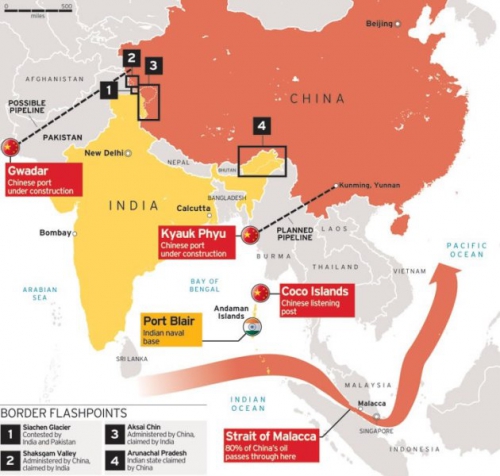

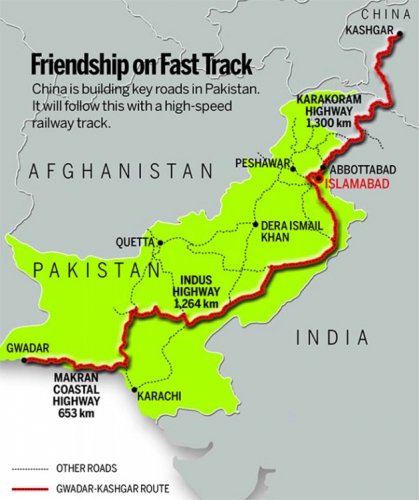
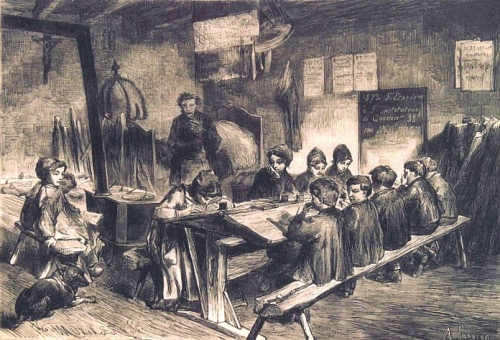




 Oui, Oskar Freysinger idéalise le pays qui a accueilli son père, immigré autrichien, dit Slobodan Despot dans son avant-propos d'éditeur du dernier livre d'Oskar Freysinger.Ce que je crois, c'est que les lois non écrites sont très présentes dans l'imaginaire collectif des Suisses, écrit Eric Werner dans la post-face.
Oui, Oskar Freysinger idéalise le pays qui a accueilli son père, immigré autrichien, dit Slobodan Despot dans son avant-propos d'éditeur du dernier livre d'Oskar Freysinger.Ce que je crois, c'est que les lois non écrites sont très présentes dans l'imaginaire collectif des Suisses, écrit Eric Werner dans la post-face.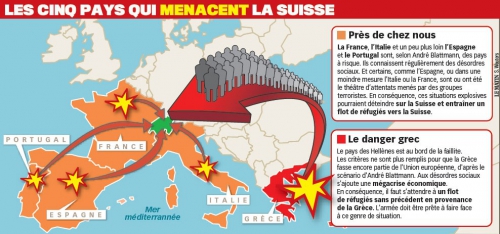
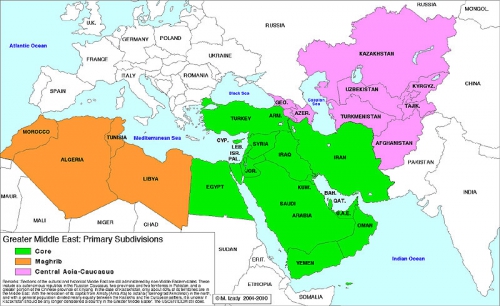
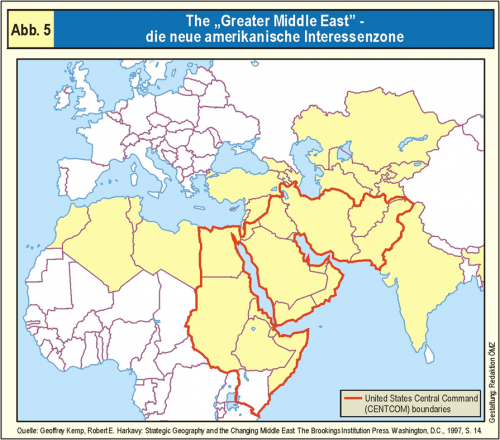
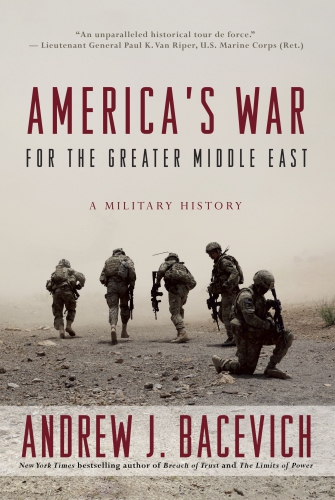 CHANGE CAME with the Carter Doctrine, enunciated in the president’s January 1980 State of the Union address: “An attempt by any outside force to gain control of the Persian Gulf region will be regarded as an assault on the vital interests of the United States of America, and as such an assault will be repelled by any means necessary, including military force.”
CHANGE CAME with the Carter Doctrine, enunciated in the president’s January 1980 State of the Union address: “An attempt by any outside force to gain control of the Persian Gulf region will be regarded as an assault on the vital interests of the United States of America, and as such an assault will be repelled by any means necessary, including military force.”
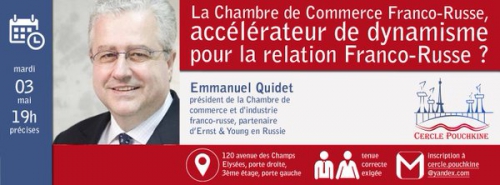
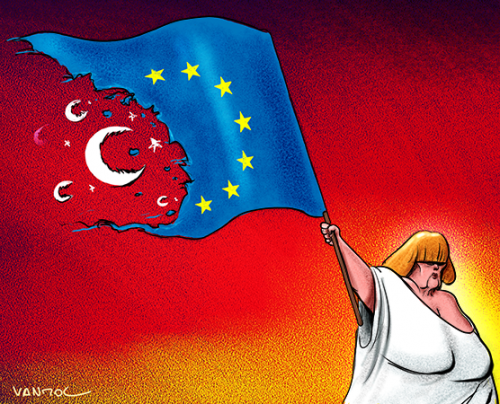



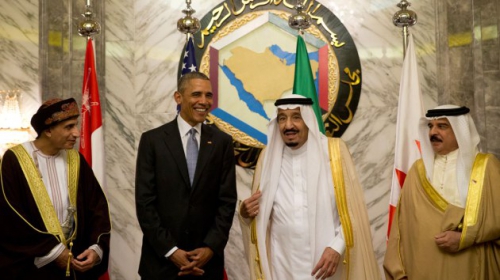
 En l’absence de résultats définitifs à cette heure, le Parti Progressiste Serbe (SNS) d’Aleksandar Vucic aurait obtenu 49% des voix et 161 sièges, lui donnant ainsi une large majorité, même s’il n’a pas réussi à dépasser la barre des 50% des suffrages. Il bénéficierait en effet de l’exclusion de nombreuses formations arrivées très légèrement en dessous des 5% permettant d’avoir des élus, sauf cas spécifique des listes représentant les minorités.
En l’absence de résultats définitifs à cette heure, le Parti Progressiste Serbe (SNS) d’Aleksandar Vucic aurait obtenu 49% des voix et 161 sièges, lui donnant ainsi une large majorité, même s’il n’a pas réussi à dépasser la barre des 50% des suffrages. Il bénéficierait en effet de l’exclusion de nombreuses formations arrivées très légèrement en dessous des 5% permettant d’avoir des élus, sauf cas spécifique des listes représentant les minorités. 


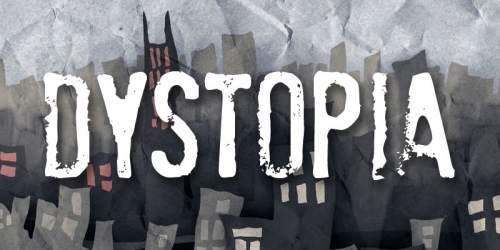











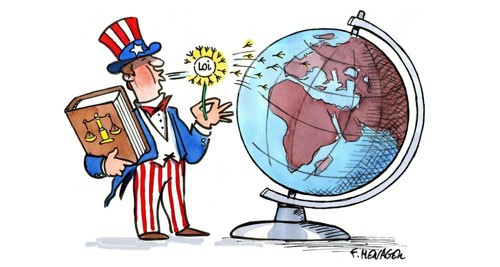
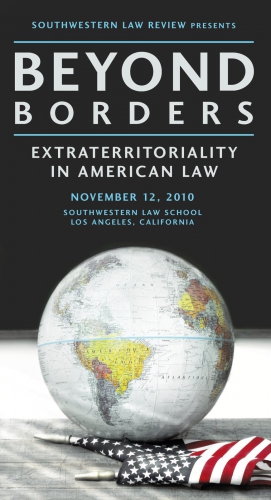 Le second chapitre est une batterie de lois qui criminalisent le commerce avec les États sous embargo américain. Certaines de ces lois sont bien connues, telles les lois Helms-Burton et D’Amato qui sanctionnent les entreprises commerçant avec l’Iran, Cuba, la Libye, le Soudan etc. (au total il y aura 70 embargos américains à travers le monde). En 2006, un banquier britannique, un des dirigeants de la Standard Chartered, dira : « Putains d’Américains, qui êtes-vous pour nous dire et pour dire au reste du monde que nous ne devons pas travailler avec les Iraniens ? ». Quelques années plus tard la Standard Chartered devra payer 700 millions de dollars d’amende pour avoir commercé avec l’Iran.
Le second chapitre est une batterie de lois qui criminalisent le commerce avec les États sous embargo américain. Certaines de ces lois sont bien connues, telles les lois Helms-Burton et D’Amato qui sanctionnent les entreprises commerçant avec l’Iran, Cuba, la Libye, le Soudan etc. (au total il y aura 70 embargos américains à travers le monde). En 2006, un banquier britannique, un des dirigeants de la Standard Chartered, dira : « Putains d’Américains, qui êtes-vous pour nous dire et pour dire au reste du monde que nous ne devons pas travailler avec les Iraniens ? ». Quelques années plus tard la Standard Chartered devra payer 700 millions de dollars d’amende pour avoir commercé avec l’Iran.